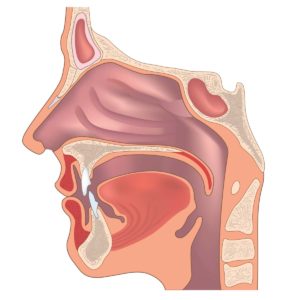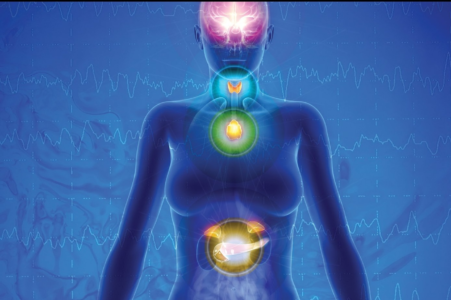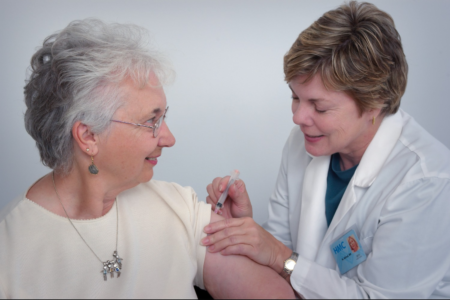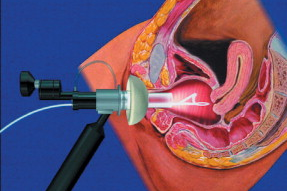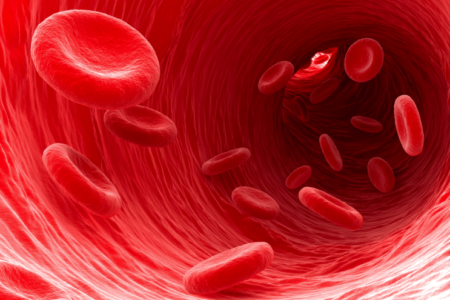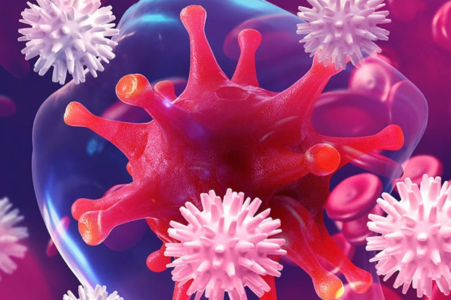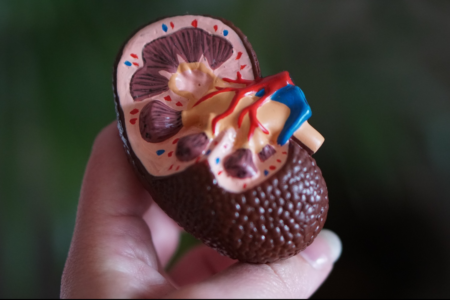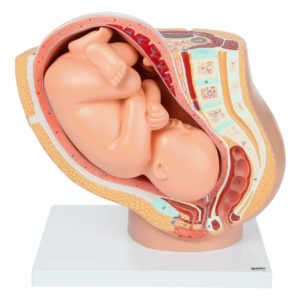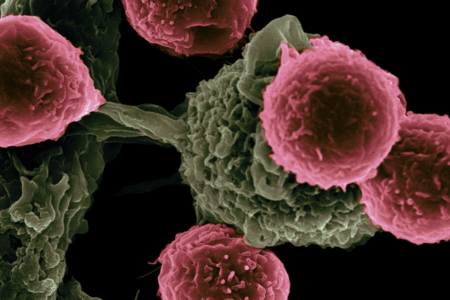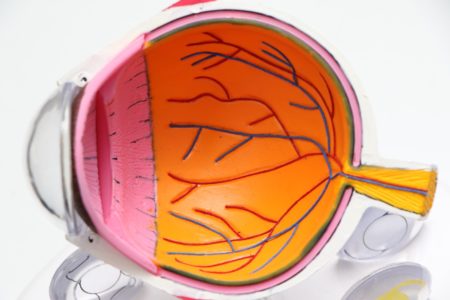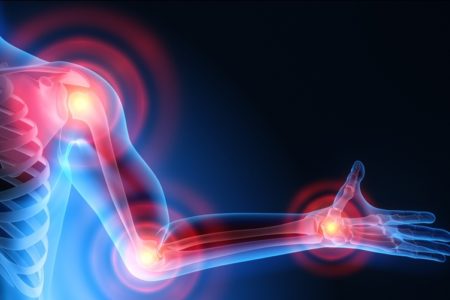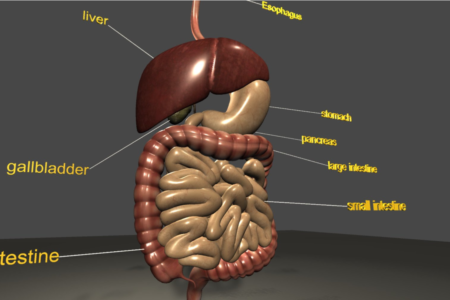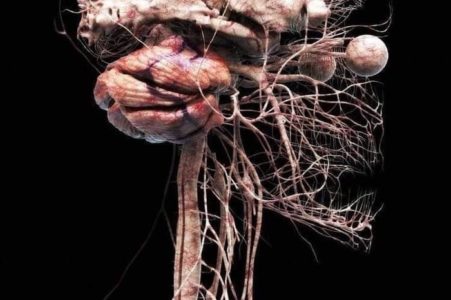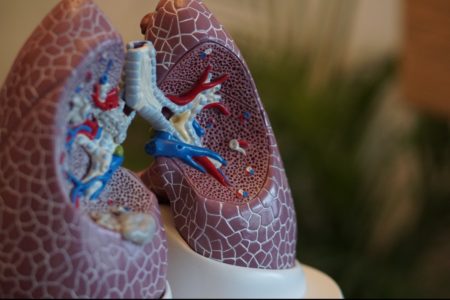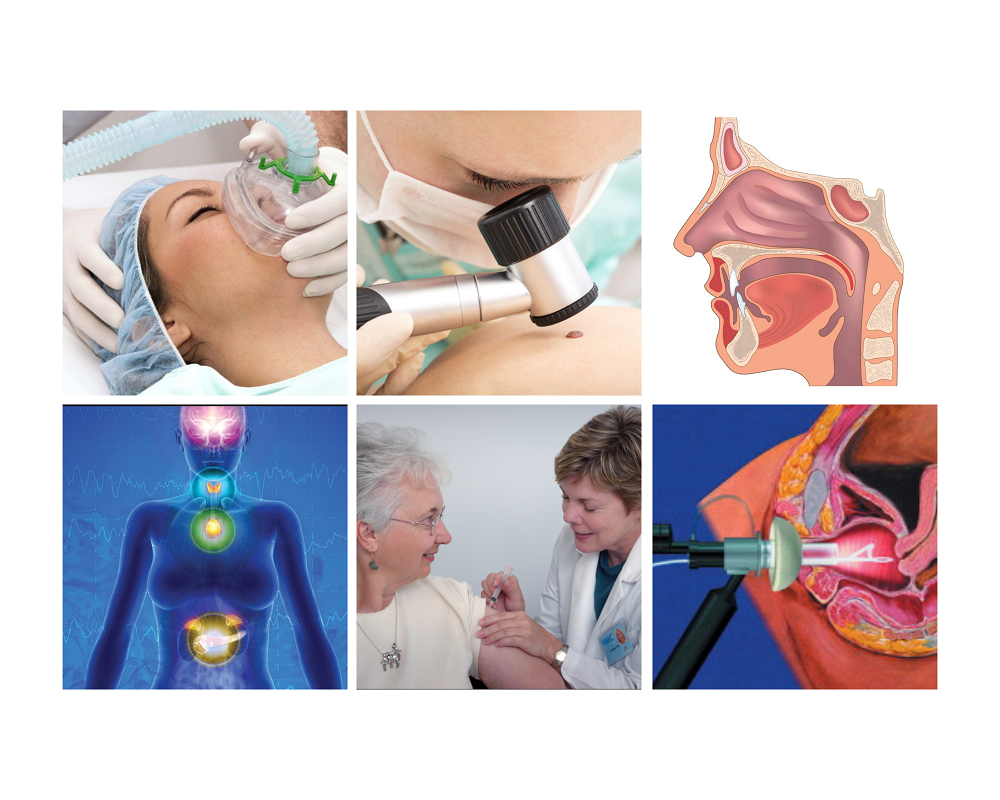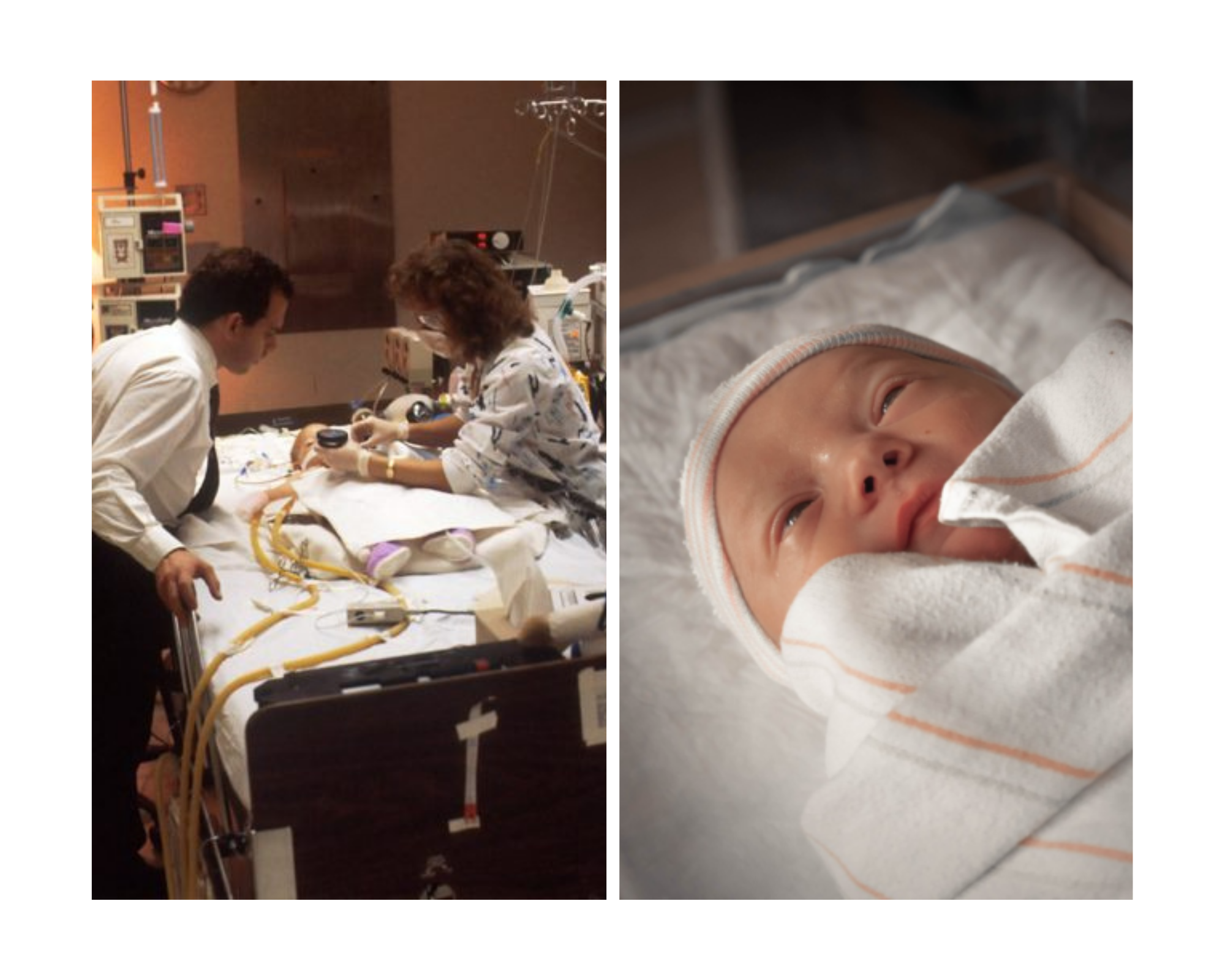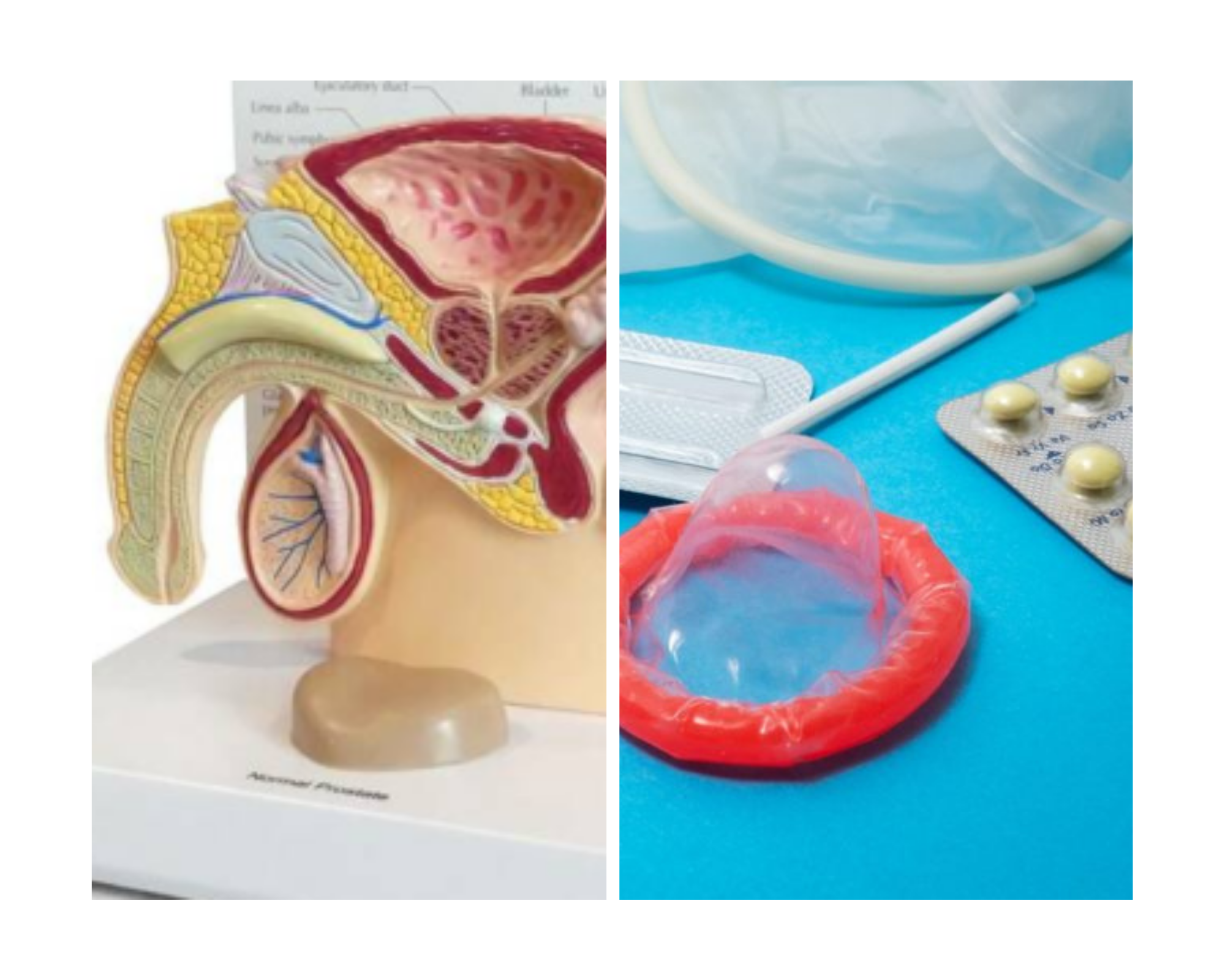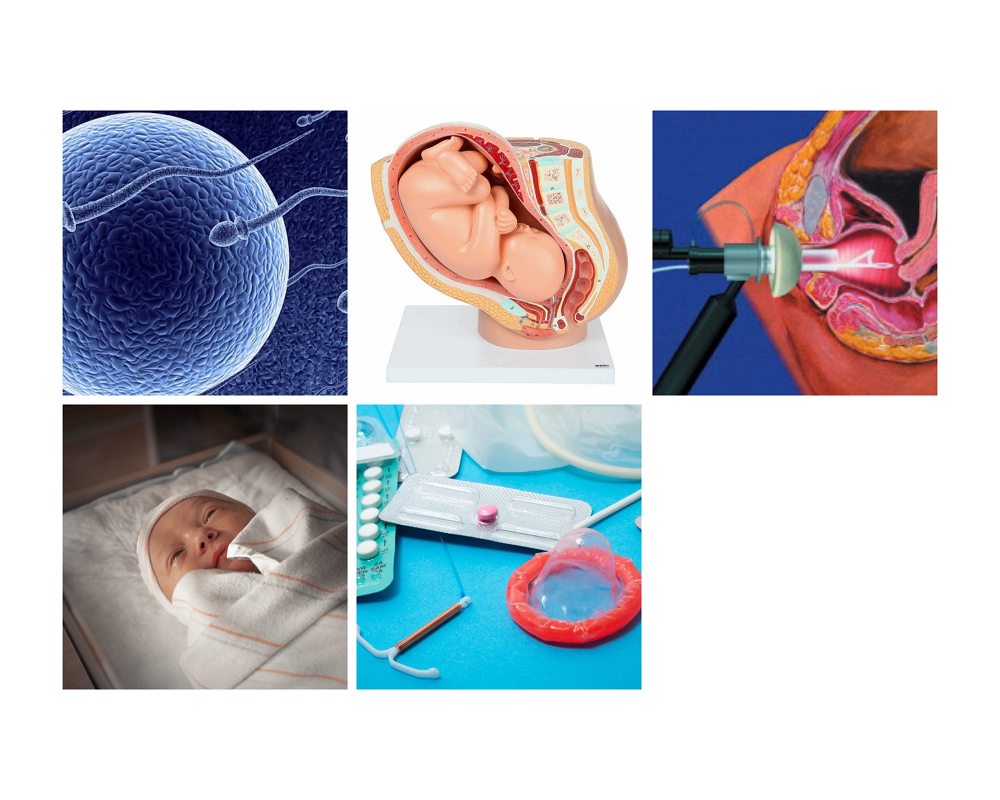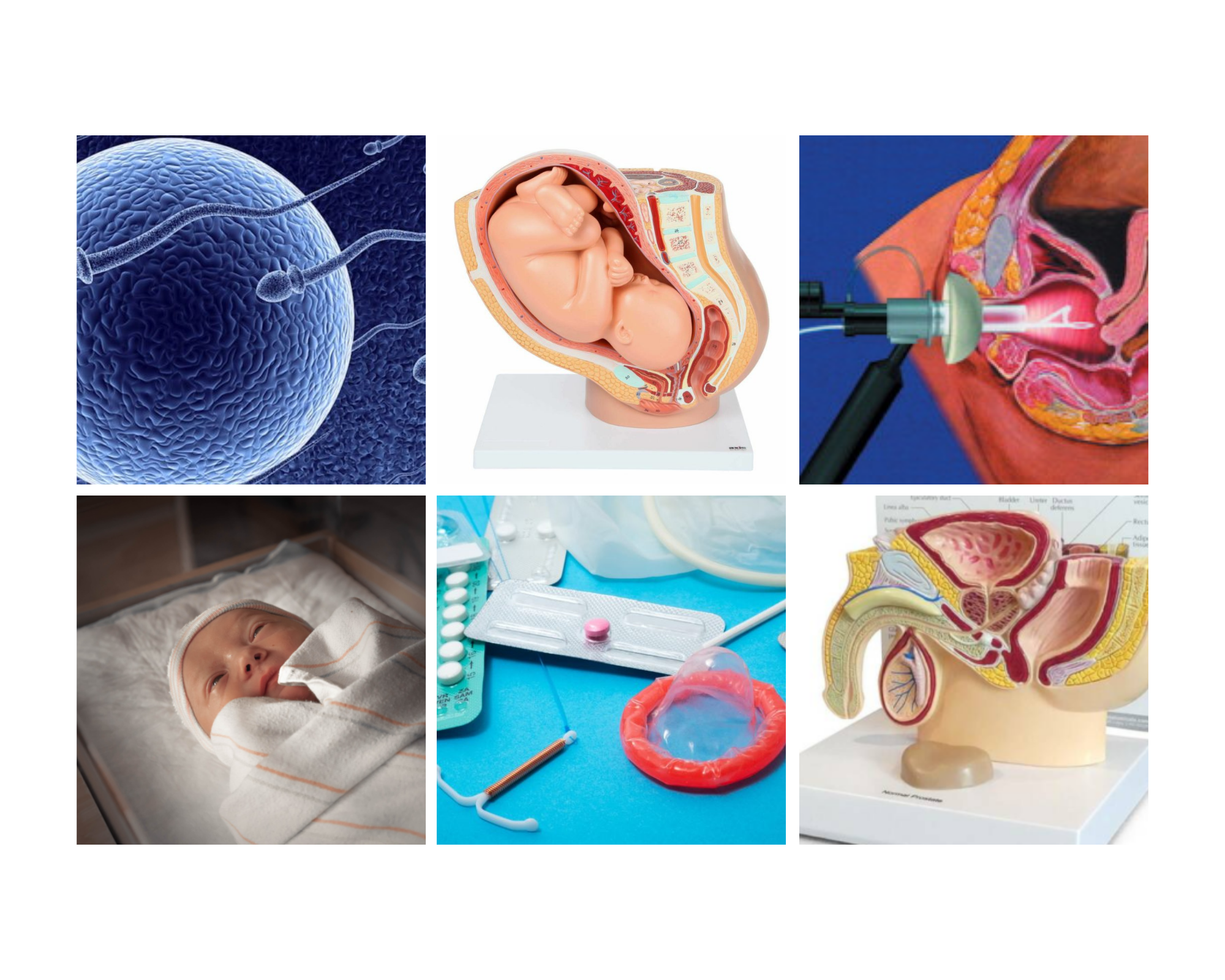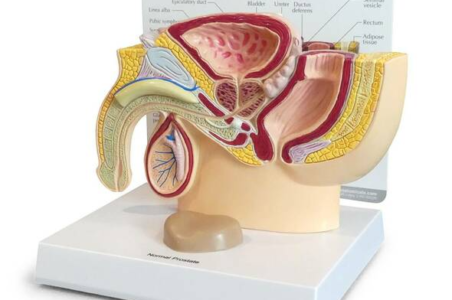

Anaesthesiology and Intensive Care (T&I in Healthcare Settings)
5/5
$35.00
 Anaesthesiology is the medical specialty concerned with the perioperative care of patients before, during and after surgery. It encompasses anaesthesia, intensive care medicine, critical emergency medicine and pain medicine. Anaesthesia is a state of controlled, temporary loss of sensation or awareness that is induced for medical purposes. Intensive care refers to the specialised treatment given to patients in an acute medical condition who require critical medical care.
Anaesthesiology is the medical specialty concerned with the perioperative care of patients before, during and after surgery. It encompasses anaesthesia, intensive care medicine, critical emergency medicine and pain medicine. Anaesthesia is a state of controlled, temporary loss of sensation or awareness that is induced for medical purposes. Intensive care refers to the specialised treatment given to patients in an acute medical condition who require critical medical care.
10 points
PD Certificate
Free with Membership




